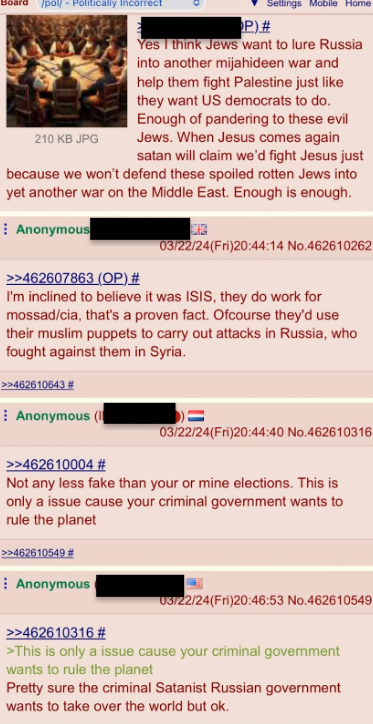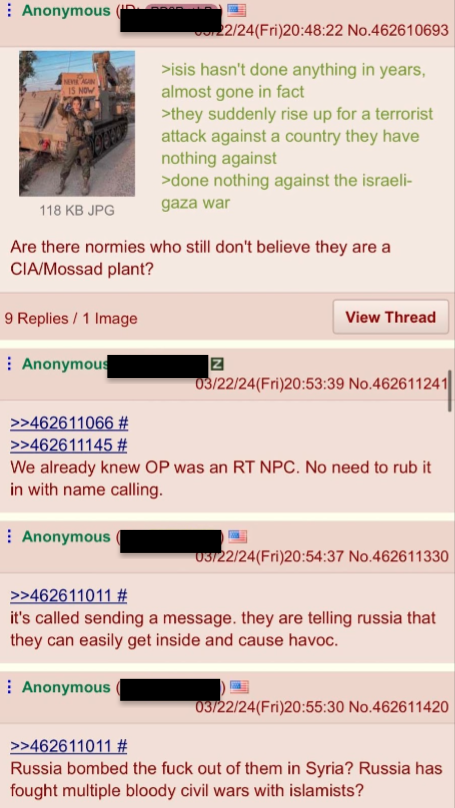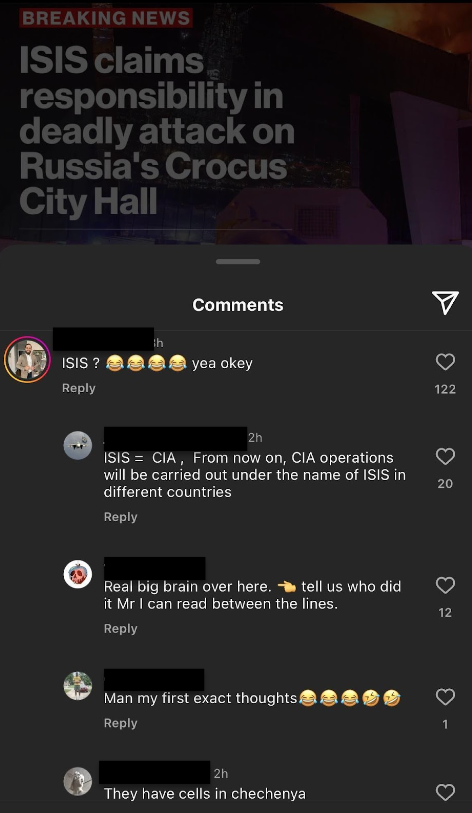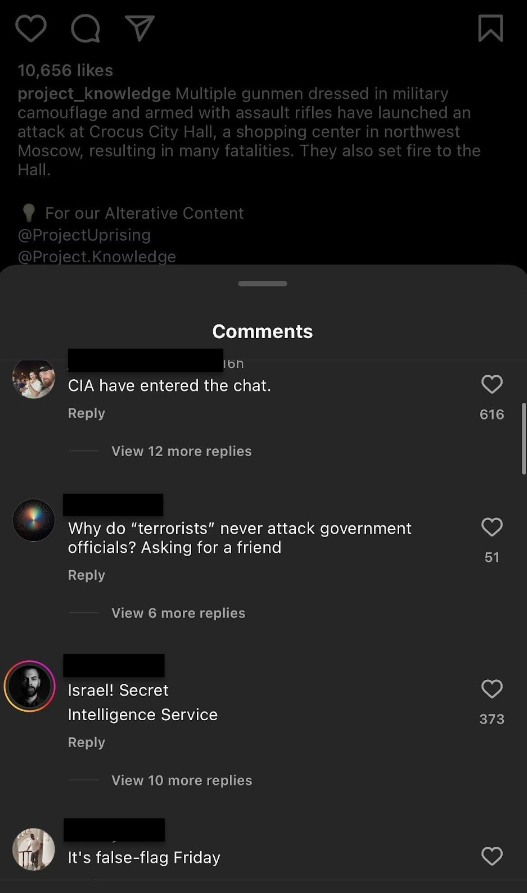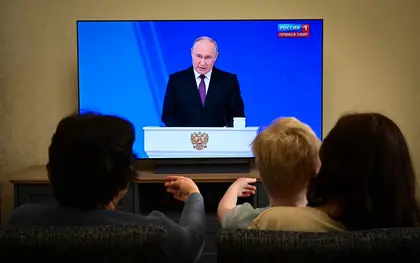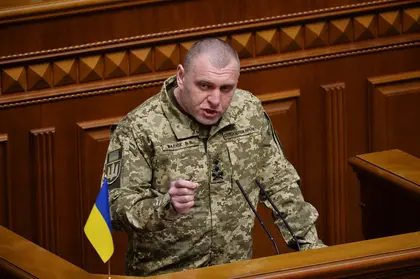The Digital Era Will Prompt Revolutions – as
Did the Print Era

Photo by Gilles Lambert
The breakthrough technologies of the printing press and data digitization allow the masses to access information. That flood of new information crumbled the legitimacy of the established political orders.
Will great powers fall again due to the greater information flow in the new digital media era?
Over 500 years have separated the invention of the Guttenberg Press and the creation of digital data. Each begat substantial social and political upheavals. Those changes could come sooner since the speed and breadth of the digital era’s impact dwarfs that of the printing press.
The spread of mechanical, printed information, from its inception in 1440, took 70 years to embolden challenges to the power of kings, elites, and the Catholic Church. In 1977, when computers became accessible to the public, digitized information took less than 30 years to create a robust Artificial Intelligence (AI) and social media on the Internet.
Authoritarian governments weaponized it to manipulate democratic governments’ elections, while the Internet’s social media facilitated domestic rebellions against autocratic governments.
Two societal conditions make the digital era more threatening to all governments: how each era’s culture measures time and their literacy level.
The Culture of Time
The sense of time was different at the start of each information era. Medieval Europe was an agrarian society, with 80 to 90 percent of the population tied to the seasons for growing crops or raising livestock. Time was measured in months, not days, hours, or minutes, as is the twenty-first century.
Watches were invented during the Renaissance after the printing press. Nevertheless, they were primarily decorative ornaments that could be wrong by several hours a day, so accurate timekeeping was of very minor importance.
The printing revolution did not speed up time but worked within the Medieval understanding of time. The digital revolution is an essential commodity in the modern sense of time. The importance of news about politics or economics is determined by how timely it is.
The printing era occurred when there was more time to read and think about what was read. Social movements and politics moved at a slower pace than now.
The digital era is speeding up the production, distribution, and consumption of information, including news, to meet popular demands. It sets a high expectation that those demands will be met quickly, and nations are under pressure to meet them. As a result, there is a greater urgency to consume information and find solutions in the digital era than in the printing era.
Social media platforms like X and Facebook do not deliver long tracts explaining the conditions and causes behind what made something newsworthy. That information cannot be summarized in a tweet, which may or may not be accurate.
Readers begin to expect to have information delivered quickly and easily understood. Conclusions are then more straightforward to reach, regardless of scant information.
Rumors provide misinformation when they innocently pass on incorrect information. They distribute disinformation when they are used with the intent to push the instigator’s agenda through unverifiable facts.
Consider that rumors travel faster than thoughtful analysis. They point to victims and offenders with unreliable anecdotal information. They make for captivating narratives, which then are woven into conspiracies to explain reality.
This trend negatively impacts democracies because citizens are responsible for appointing their leaders based on being informed voters. Receiving half the truth or a distorted truth leads to poorly informed choices about how a democratic government should function.
Manipulating digital information allows Russia and China to weaken American democracy to benefit their foreign policies. Their strategy is to spread disinformation to cause confusion and distrust of our institutions, as described in How Russia and China Pursue a Soft Regime Change in America.
Authoritative governments are not as vulnerable as democracies to disinformation campaigns. They feed their citizens a consistent line of censured domestic information and filter foreign-generated internet news.
China, Russia, Iran, and other autocratic governments recognize that information on the internet can quickly foment powerful political movements that threaten their authority.
They do not want to experience what happened to Iran in 2019, when protests at peaceful gatherings spread to 21 cities within hours, as videos of the protest circulated online. The government forcibly shut them down, only to see 25,000 protestors gather months later, calling for the overthrow of the government and Supreme Leader Ali Khamenei.
Iran finally blocked the sharing of information showing the protests and the deaths of hundreds of protesters on social media platforms—their solution: foisting a near-total internet blackout of around six days.
The second condition that separates the printing and digital eras is the extent of a population’s literacy.
The extent and depth of literacy
Minimal literacy never rose above 30% before 1500, and it took 200 years for the printing press to raise Europe’s literacy rate to 48%. Since books were the primary source of information, the audience was severely limited to the social elite of nobility or wealthy gentry who owned them.
Still, for the 10% of the European population that lived in cities and were literate, the printed word led to the development of pamphlets. Briefer than books and focused on just one issue, they punctured papal infallibility and the divine rule of monarchs.
Martin Luther, a professor of moral theology, printed his Ninety-five Theses in 1517. These condemned the Roman Catholic Church and ignited the Protestant Reformation against the Pope. In France, so many insurrectionary pamphlets supported the Reformation that government edicts prohibited them.
The printing press overturned the Roman Catholic Church’s thousand-year political domination in Europe, but it took decades and spread over a hundred years.
Long-established political hierarchies also crumbled due to the efforts of print media.
Pamphlets’ influence was potent in the 18th Century. Two contributed to the overthrow of the French monarchy and a successful revolt against Britain, the greatest power in Europe: Jean–Jacques Rousseau’s pamphlet, On the Social Contract or Principles of Political Right in 1762, and Thomas Paine’s Common Sense in 1776.
Pamphlets are comparable to social media’s present danger to governments by empowering individuals to proliferate news through the internet that exposes their faults, weaknesses, and corruption.
Although the Internet became functional in 1983, less than 2% of the world’s population used it before the World Wide Web (WWW) was opened to the public in 1991. Sixteen years later, 65% of the world’s population uses the Internet for instant information, entertainment, news, and social interactions.
Consequently, literacy is no longer confined to just reading material; it extends to learning through observing videos on social media. With citizens of every country on the Internet, Digital information has greater power to inform and influence people’s beliefs than the printed press ever did.
The digital age is seeing autocracies and democracies globally challenged from outside and inside their boundaries within a fraction of the time the printed press did so on just one continent.
A democratic government’s role in the digital age is to keep information accessible to everyone. The challenge for democracies is avoiding having the internet become a weapon to destroy democracies that make open access to information possible.
A path forward is to teach each generation that citizenship should protect individuals’ freedoms and the community’s welfare, as described in Citizenship—Bridging Individualism & Community to Sustain our Democracy. If we act as thoughtful, responsible citizens, the digital age can strengthen democratic governance, not threaten it.
